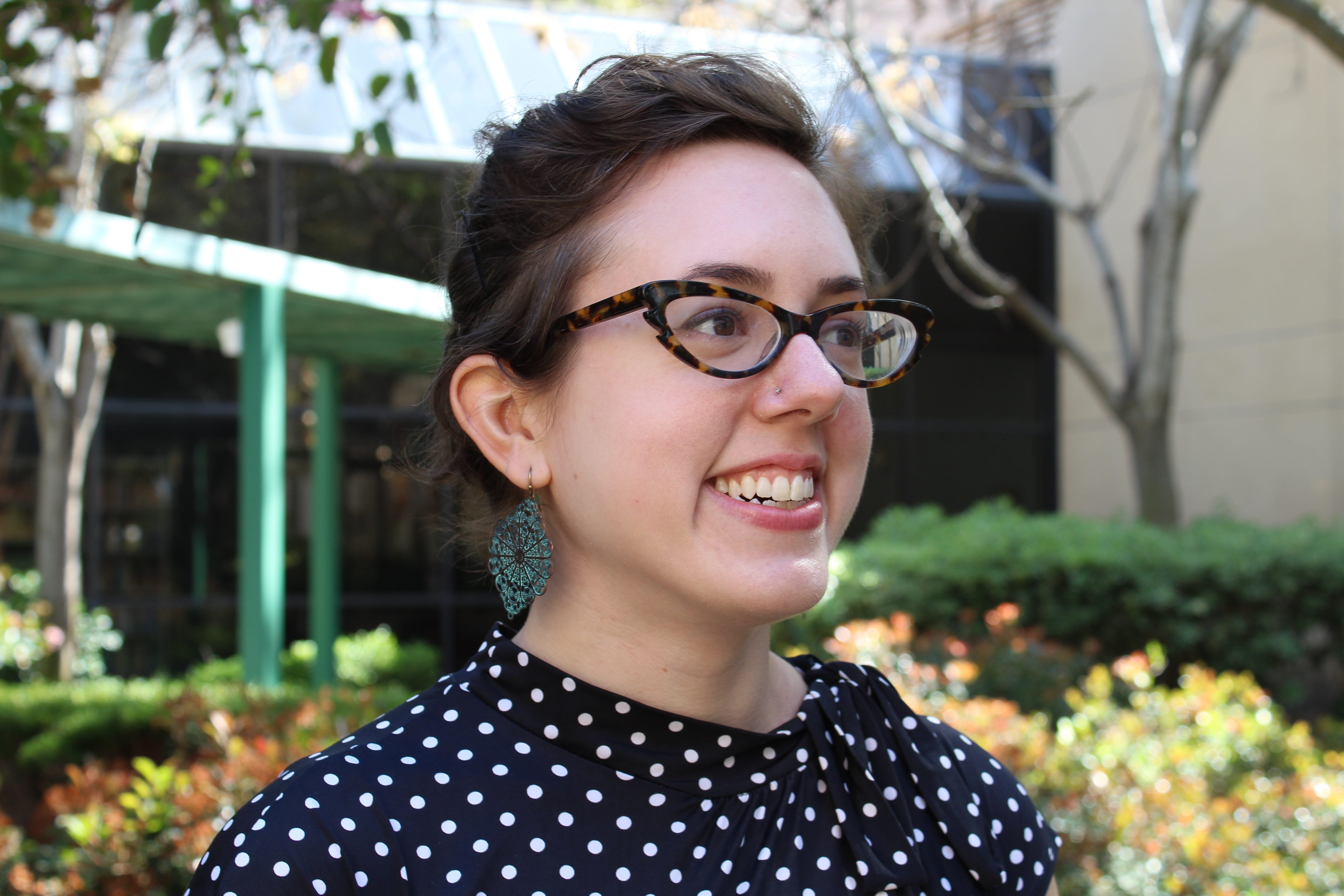Emiliana Borrelli’s French connection aids brain research
Supported by INSERM, her dopamine studies reveal new clues to brain diseases.

Over her 20 years as a research director for INSERM — the French equivalent of the National Institutes of Health — Emiliana Borrelli earned international recognition for her studies on the neurotransmitter dopamine and its role in brain diseases sleep disorders and addiction.
So when the top European scientist left France in 2006 to explore new opportunities at UC Irvine, INSERM understandably did not want the relationship to end.
Fortunately, Borrelli’s move to UCI coincided with the French agency’s mission to strengthen ties with American scientists.
French biomedical researchers rank among the world’s finest, and many early in their careers seek postdoctoral research positions in the U.S. To support them, INSERM began creating collaborations and turned to someone it knew well: Borrelli.
“INSERM wanted to share ideas and resources and to let young scientists learn how science is conducted in different academic environments,” says the UCI professor of microbiology & molecular genetics. “The idea is that science should have no borders.”
As part of their agreement, the INSERM-UCI unit headed by Borrelli allows for shared intellectual property rights on new discoveries and the exchange of students, postdoctoral fellows and sabbatical professors, giving UCI more European visibility.
“Strong international relationships benefit everyone,” says Dr. Ralph V. Clayman, dean of UCI’s School of Medicine. “To increase our knowledge, American fellows, students and professors should be able to spend time in France and vice versa.”
Borrelli proposed to INSERM a novel research plan to explore the link between circadian rhythms — the human body’s 24-hour biological cycles — and the dopamine system. She received $680,000 over four years for the project, which established one of the first INSERM unit in the U.S.
She’s collaborating with Paolo Sassone-Corsi, Donald Bren Professor and chair of pharmacology at UCI and one of the world’s leading experts on circadian rhythms.
A chemical messenger similar to adrenalin, dopamine affects brain processes that control movement, emotional response and the ability to experience pleasure and pain. Too little or too much of this neurotransmitter in the brain can cause a host of mental and physical disorders.
Dopamine-regulating drugs currently used for ailments such as Parkinson’s disease (characterized by low levels) and schizophrenia (characterized by high levels) have dramatic side effects, Borrelli says.
“In this study, we want to go downstream from dopamine to understand the molecules that control its signaling and how circadian genes moderate this,” Borrelli says. “It’s an entirely new way of looking at the dopamine system.”
Their findings — regularly published in leading scientific journals — are laying the groundwork for further research into addiction, sleep disorders and potential new treatments for brain diseases.
“We’re starting to put together the pieces of a large puzzle,” Borrelli says. “This is a very exciting time.”
And she has her French connections to thank for it.

